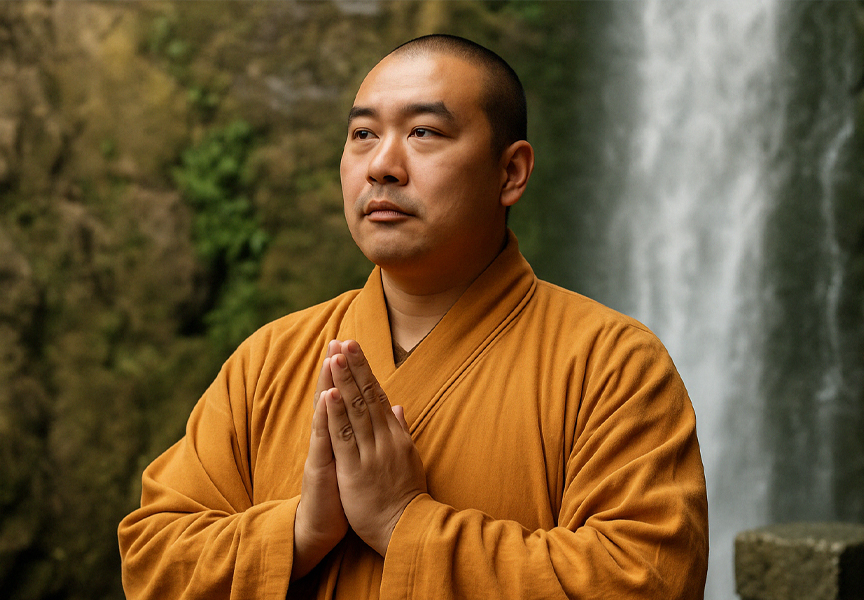Random Free Articles
- Upholding Tradition
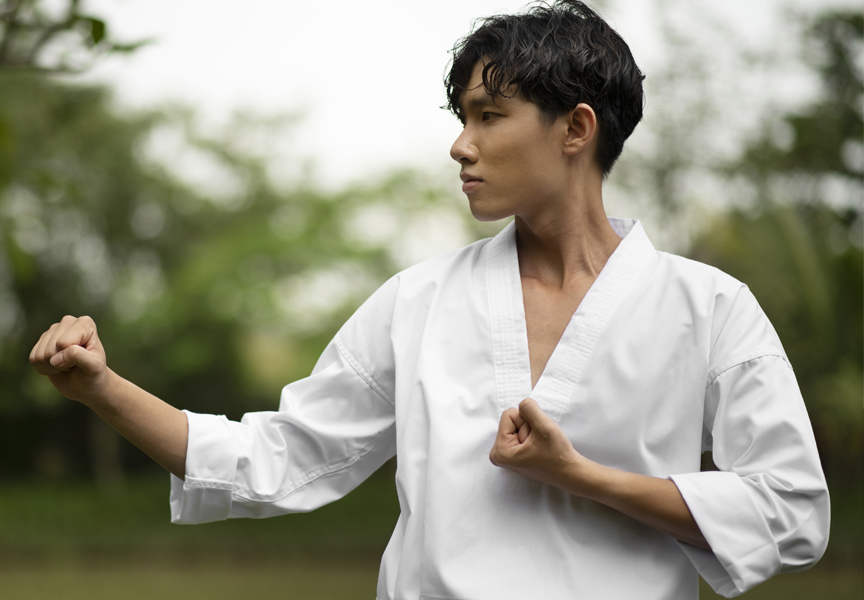
The Responsibility of Practicing Traditional Martial Arts In a world where trends come and go with the blink of an eye, traditional martial arts stand as bastions of timeless wisdom, discipline, and cultural heritage. Rooted in centuries of history and philosophy, these martial arts aren't merely physical disciplines but profound systems of self-improvement and ethical conduct. However, as the popularity of martial arts grows, so does the…
- What I Gained from Rou Quan Quan Practice
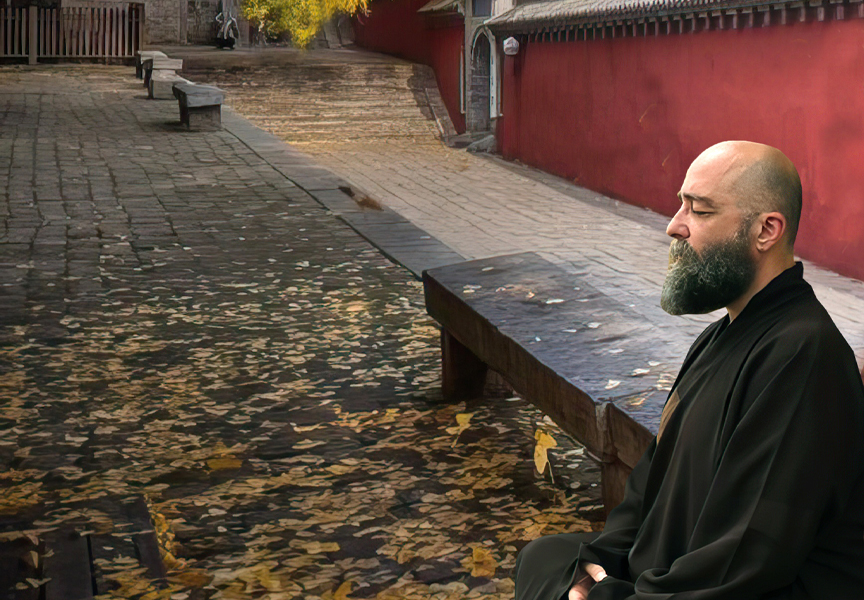
After more than 40 years of practicing Shaolin Rou Quan, I feel both a deep need and a sense of obligation to share my personal point of view, my understandings, and, above all, my own experience with this remarkable art. Shaolin Rou Quan, often misunderstood or undervalued compared to other martial arts, holds profound benefits that go far beyond self-defense. It is a discipline that fosters balance, inner peace, and strength in ways that are…
- Following a Master and the Mind Path in Today's World
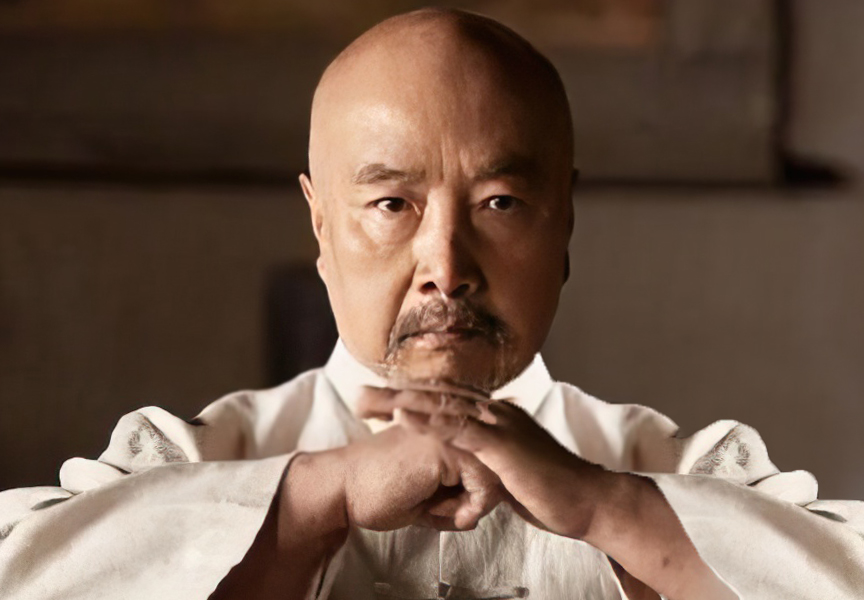
In the fast-paced and modern world we live in today, the pursuit of traditional martial arts and the path of the mind has become an increasingly challenging endeavor. As technology advances and lifestyles evolve, the traditional ways of following a martial arts master and embracing the path of the mind often seem out of sync with the demands of contemporary life. However, for those who embark on this journey, the rewards are profound, offering…
- Fenjie in Chinese Martial Arts
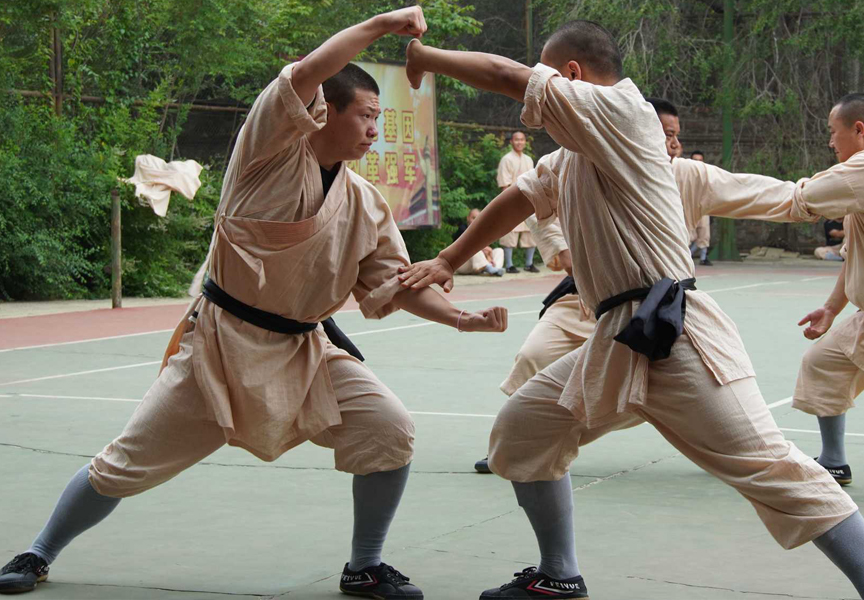
Dissecting Forms for Combat Mastery In the vast realm of Chinese martial arts, the term Fenjie, which translates to analysis or disassembly in English, holds significant importance. This concept is deeply embedded in the traditional practice of martial arts, especially when it comes to the study and application of various forms. Fenjie [Chin.: Fēnjiě 分解] involves the meticulous process of breaking down complex movements within a martial…
- Expecting the Unexpected in a Martial Art

Martial arts have a rich history of teaching discipline, self-defense, and physical fitness. These arts come in various forms, each with its unique techniques, philosophies, and principles. One fundamental aspect that martial artists are continually taught is to expect the unexpected. This core principle not only enhances one's effectiveness in self-defense but also extends to various aspects of life. In this article, we will explore the…

